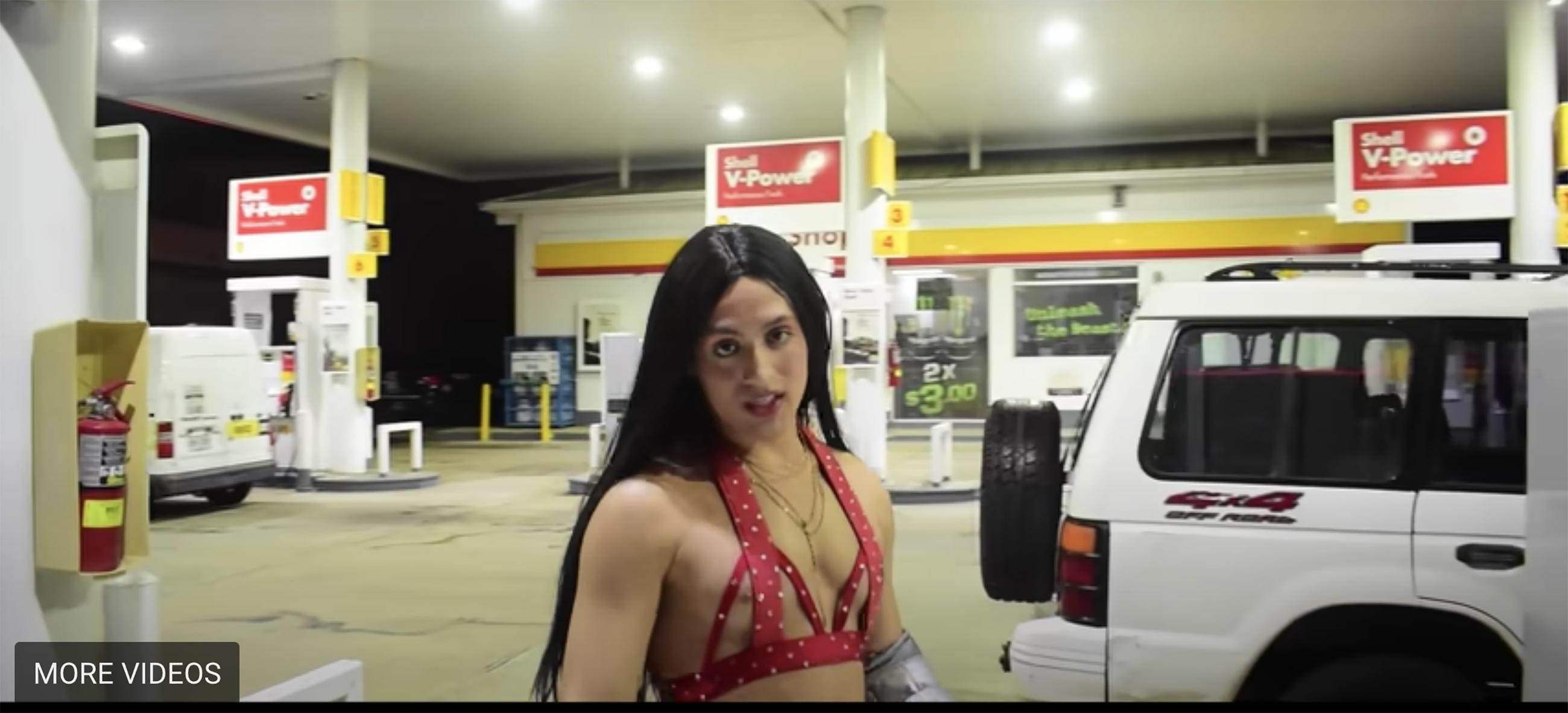Language, Patería, Jayaera, and Contemporary Queer and Trans Performance in Puerto Rico
Lawrence La Fountain-Stokes
Language, Patería, Jayaera, and Contemporary Queer and Trans Performance in Puerto Rico
Lawrence La Fountain-Stokes

Patería is a fierce Puerto Rican (and, more broadly, Hispanic Caribbean) Spanish-language vernacular synonym for queerness as a sign of gender and sexual transgression. It goes well beyond the meanings of homosexualidad (homosexuality), costumbre afeminada (effeminate custom), and cualidad propia de algunos homosexuales (proper characteristic of some homosexuals) as registered in the Tesoro lexicográfico del español de Puerto Rico. It invokes stigmatized and resignified LGBTQIA+ local language practices that coexist in tension with the modernity, paradoxes, and challenges of other terms in English and Spanish—for example, mariconería, translocura, faggotology, sissy, and jayaera—and connects with other more recent terms such as perreo combativo (combative perreo) and patería combativa (combative patería), as Arnaldo Cruz-Malavé has explored in his award-winning article “Dancing in an Enclosure: Activism and Mourning in the Puerto Rican Summer of 2019,” which appeared in Small Axe in 2022. Its queer meanings hint toward fabulosity and scandal, the reigning status of a queen, and the subversion of radically liberated individuals but also toward insults and pain, which leads some people to avoid it.
Patería is a useful word to discuss contemporary Puerto Rican queer performance, particularly given the resurgence of virulent hatred and bias against queer people, transgender individuals, and drag queens and the longstanding persistence of misogyny, colonialism, and precarity. Patería helps to frame the linguistic and cultural specificity of the queer Puerto Rican singer and performer Macha Colón’s lyrics and videos—for example, for her 2012 song “Jayá.” Here, the state of jayaera (self-realization) serves as a vernacular, creolized variation of hallarse, or of finding oneself in the collective act of constituting community: a type of utopian patería, of a future yet to come.
Patería is also a useful framework to understand Macha Colón’s generational colleague and friend Eduardo Alegría and his 2004 song “Farifo,” recorded with the band Superaquello for the album Bien Gorgeous. Farifo is an uncommon Puerto Rican term for queer, effeminate, or weak men, as the Puerto Rican cultural critic Gilberto Blasini points out in his 2007 essay “¡Bien Gorgeous! The Cultural Work of Eduardo Alegría,” which appeared in CENTRO Journal. The lyrics of the song never mention the term farifo, which is defined as “afeminado” (effeminate man) in the Tesoro lexicográfico del español de Puerto Rico. Rather, the song presents the tension between the words pato and gay, which results in a triangulation of terms, some functioning as central (pato), one as an ideal (gay), and another as a type of explicit unconscious (farifo); Blasini describes this as a “metonymical replacement.”
Patería takes an unexpected turn in Villano Antillano’s extraordinary 2020 song and video “Pájara,” which proves the continuing interest in exploring and challenging local vernacular language related to queer stigma. The video was produced before the artist started to publicly self-identify as trans and serves as a transitional piece with an exploration of masculinity and femininity. As the liner notes for the video on YouTube indicate, this song is an open rebuttal and inversion of stigma, proposing a community-led process of linguistic resignification in which the singer self-identifies as “pájara” (female bird, faggot), identifying “lo cuir” (queerness) as revolutionary.
Finally, patería is also all about the centrality, transformation, and celebration of the cuir body. Ana Macho’s extraordinary 2021 song and video “Cuerpa” offers an empowering resignification of language, feminizing the Spanish-language term “cuerpo” as a sign of difference and politicized alterity. Here, Macha Colón’s jayaera achieves stunning new complexity and valence. “Cuerpa” celebrates a heterogeneity of bodies and genders as it embraces complex scenarios in Puerto Rico, whether it is at the beach, at Paseo de Diego in Río Piedras, or at El Hangar in Santurce, a radical space of queer, cuir, and trans of color worldmaking. Ana Macho invites us to embrace our cuerpas as we negotiate the contradictions and joys of patería and jayaera.
Read Lawrence La Fountain-Stokes's full essay, "Patería and Contemporary Puerto Rican Queer/Trans Performance," in Small Axe 74, July 2024.
Author bio
Lawrence La Fountain–Stokes is a professor of American culture, Romance languages and literatures, and women’s and gender studies at the University of Michigan, Ann Arbor. He is the author of Queer Ricans: Cultures and Sexualities in the Diaspora (2009), Escenas transcaribeñas: Ensayos sobre teatro, performance y cultura (2018), and Translocas: The Politics of Puerto Rican Drag and Trans Performance (2021). His books of fiction include Uñas pintadas de azul / Blue Fingernails (2009) and Abolición del pato (2013).